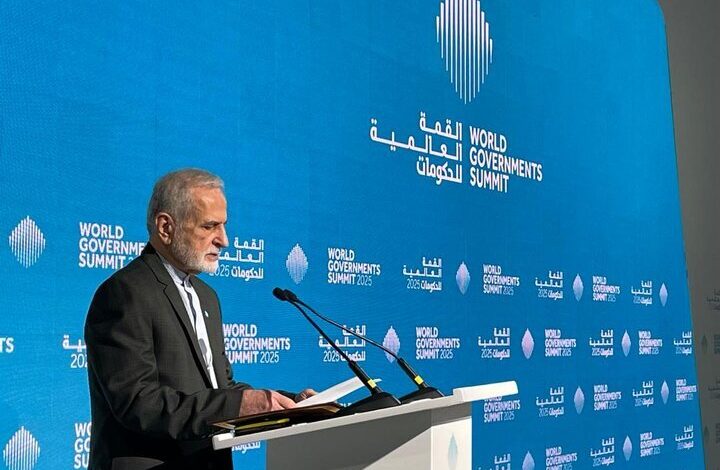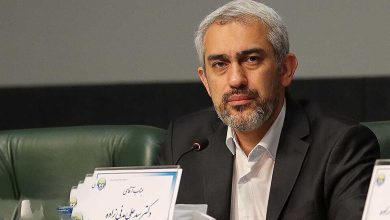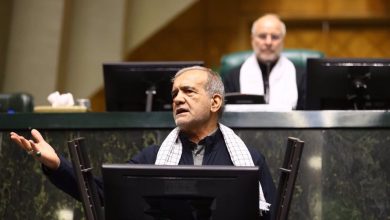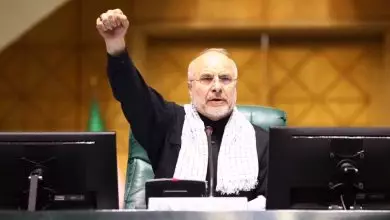Iran official emphasizes that the future of governance is set to be digital and focused on productivity
Kamal Kharrazi, the head of Iran's Strategic Council on Foreign Relations, has expressed that the future framework of governance should be both digital and efficient.

Speaking at the 12th World Governments Summit 2025, the speaker highlighted the evolving landscape of governance amid advancements in Artificial Intelligence (AI) and the pursuit of social justice. He underscored that governance in the future should transcend mere digitalization, focusing instead on ensuring fairness and productivity.
In a detailed discussion on the pivotal challenges of governance transformation in the age of Artificial Intelligence, Kharrazi highlighted the critical role of AI in promoting social justice. He emphasized that AI must be leveraged as an instrument for advancing justice, empowering individuals, and fostering shared prosperity.
He emphasized that the implementation of advanced technology is crucial in establishing equitable, inclusive, and resilient societies. He underscored that the future of governance must embrace digital innovation while ensuring it remains fair, compassionate, and effective.
Artificial Intelligence (AI) extends far beyond the automation of administrative tasks or industrial operations, playing a crucial role in augmenting human cognitive abilities. “In the coming decades, we will observe the fusion of human intellect with AI capabilities,” he stated.
In his statements, Kharrazi highlighted the pivotal role of artificial intelligence in forecasting crises and disasters, as well as enhancing resource management. He asserted that predictive governance transforms governments from reactive entities into proactive and dynamic institutions, enabling them to manage crises before they unfold.
Artificial intelligence presents a significant opportunity to bridge social and economic disparities, a spokesperson stated. The technology has the potential to facilitate equitable access to essential services such as healthcare, education, and finance, they further noted.







